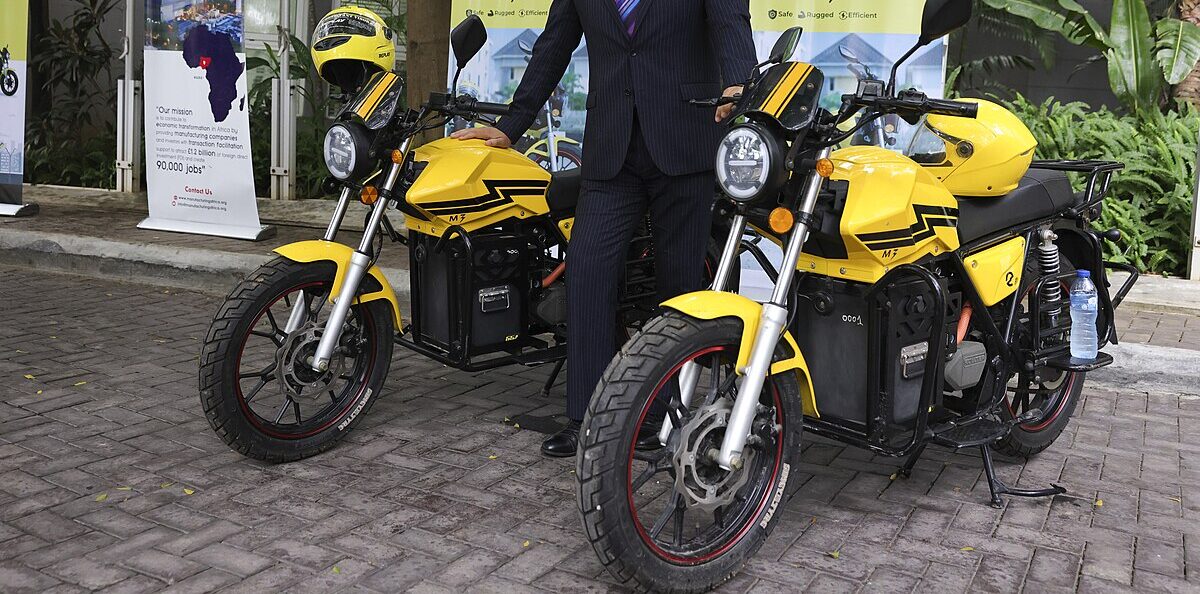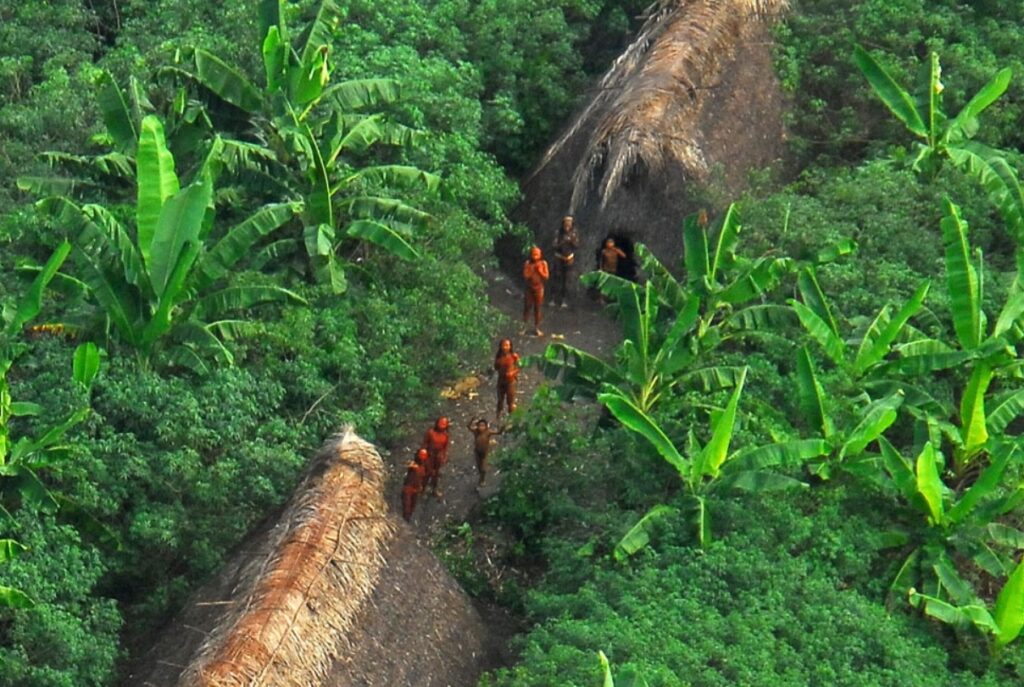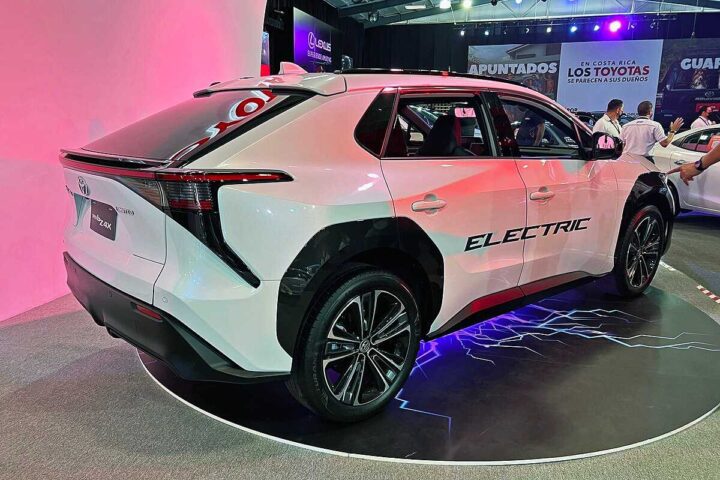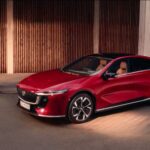The demand for better transportation is on an upward trend in Africa thus giving the continent a chance to reinvent the transport sector. Electric motorcycles are becoming competitive with conventional transportation especially by their ecological advantages. This shift cannot be seen as a mere mimic of the global trends, but a true rotation that has become entrenched in the African socio economic phase of evolving from rural to urban dwellers and need to have own cars for cheap, personalised transport.
Market Potential and Challenges
The increased population of people in urban areas across the African continent and the general problem of poor transportation networks in Africa make the market for electric motorcycles promising. A UCT working paper published on African Insights explores the increasing market for electric two-wheelers, explaining that at the moment, however, most of those electric vehicles are imported due to the low level of automotive production in the country.
Additionally, the continuous expansion of ride-hailing service is evident, which has mainly depended on gas-powered motorcycles thus the need to adopt electric ones which have cheaper operational costs. In Bob Eco’s Insights, the author points out that electric motorcycles are popular since they are affordable, require minimal maintenance and can be used for various terrains. More importantly, electric motorcycles are more economical to maintain as compared to their gasoline counterparts and are environmentally friendly in that they do not emit fumes.
Similar Posts
Research and Policy Considerations
A peer-reviewed open-access journal, Sustainability ,spared a special issue to investigate on the considerations that can enhance the adoption of electric motorcycles in the African ride-hailing operations. Hence, a range of factors which include financial policies, awareness on environmental issues, and the existence of charging facilities are deemed influential in the study. Nevertheless, some problems still persist, such as costly battery-powered motorcycles, and insufficient charging points in the market to boost the adoption of the product.
Still, a McKinsey and Shell report shows that EVs are set to take off in Africa with markets such as Ethiopia, Kenya, Nigeria, Rwanda, Uganda expected to have sales of over 800,000 units by 2025. Other projections indicated that the market may grow in the sale of electric vehicles that comprises electric motorcycles with estimations of sales of electric motorcycles in a single year could be almost 4. Hence why the global production of electric cars is expected to rise to 9 million units by 2040.
Leading the Charge: Rwanda and Beyond
Rwanda stands out as a champion for electric motorcycles in Africa. Through collaborations with key economic players, the government actively promotes electric vehicles by establishing charging points and offering subsidies to buyers. According to the World Economic Forum, Rwanda is witnessing a surge in electric motorbikes on its roads, driven by their widespread use in transportation and delivery services.
This shift not only addresses environmental concerns but also fosters job creation and stimulates the economy. Following Rwanda’s lead, Uganda’s President Yoweri Museveni announced an innovative initiative encouraging riders to switch to electric motorcycles as part of the country’s drive to transform its transportation system.
Nigeria’s Emerging Market
There is an increasing popularity for electric motorcycles in Nigeria especially in the urban areas due to traffic congestion. An action research dissertation undertaken in two Nigerian universities suggests that electric motorcycles can transform the transport industry because the mode of transportation provides better passenger services than regular motorcycles.
The study underlines the crucial role of government incentives, such as subsidies and investments in telecommunication networks, in facilitating this transition. President Ruto’s ambitious plan for Kenya, aiming for 1 million electric motorcycles and 3,000 battery swapping stations within the next year, exemplifies the growing government efforts towards electrifying two-wheel mobility in Africa.
Environmental Benefits
Studies confirm that electric motorcycles boost significantly lower emissions and noise levels compared to conventional motorcycles. An analysis of their potential environmental impact highlights their ability to reduce greenhouse gas emissions and improve air quality in urban areas, a pressing concern considering the detrimental health effects of air pollution in densely populated cities.
A Sustainable Future for Africa
The shift from petrol-powered motorcycles to electric motorcycles in Africa signifies more than just a passing trend; it represents a paradigm shift in response to critical environmental and economic challenges. While infrastructure limitations and affordability remain areas for improvement, emerging policies, evolving markets, and changing consumer attitudes paint a bright future for electric motorcycles across the continent. Africa’s current focus on urbanisation presents a unique opportunity to embrace electric mobility, paving the way for the development of efficient, sustainable, and equitable transportation systems.



















Well-written and insightful article!